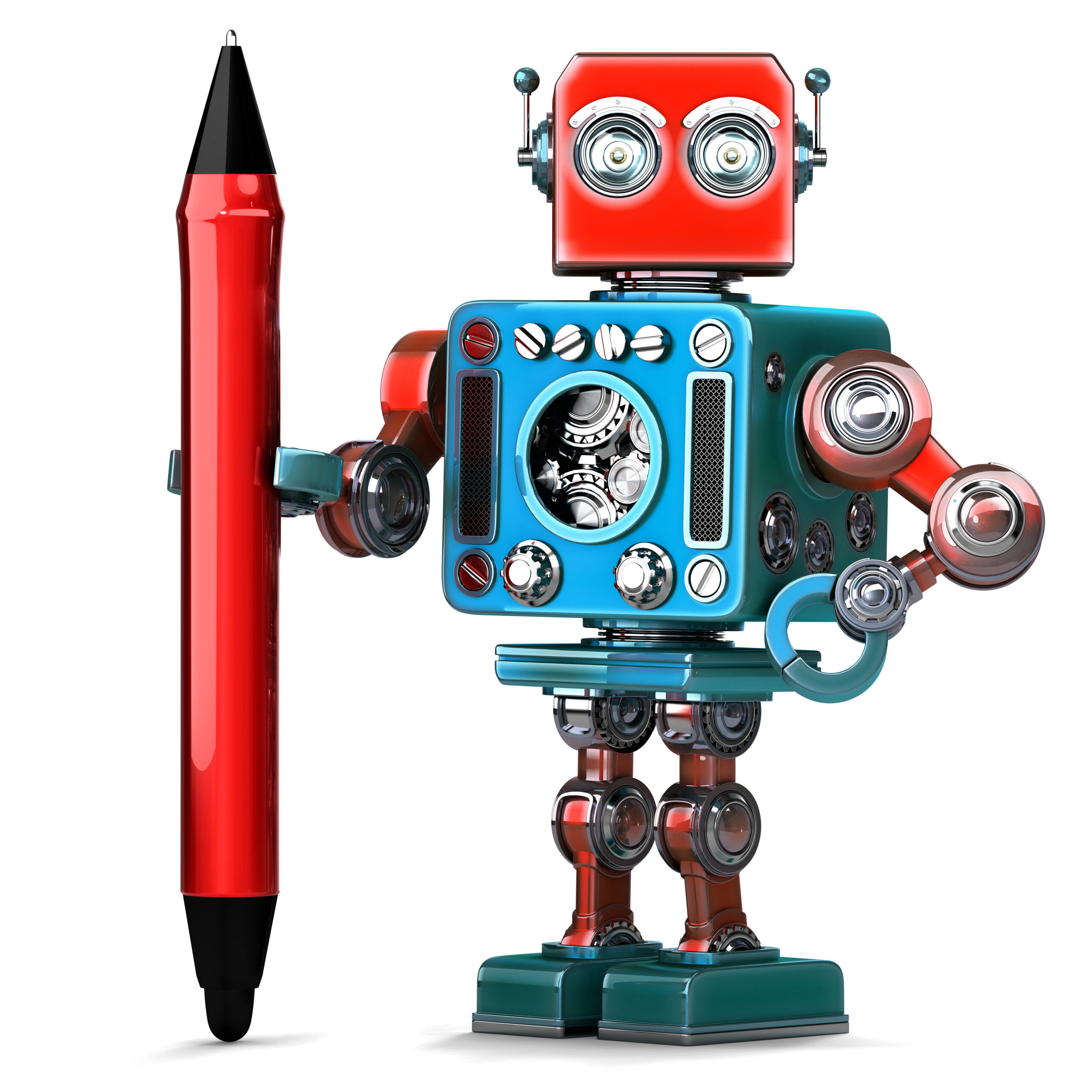“Along with input on infringement liability over sources of training datasets, the Office also wants information on feasible remuneration systems to repay artists whose works are used in such datasets.”
 On August 30, the U.S. Copyright Office issued a notice of inquiry in the Federal Register seeking public comment on a range of issues related to the intersection of copyright law and artificial intelligence (AI). The recent notice is the latest action by the Office on the myriad of copyright issues that have been arising around the use of generative AI platforms including infringement liability for training AI systems on copyrighted content and human authorship requirements.
On August 30, the U.S. Copyright Office issued a notice of inquiry in the Federal Register seeking public comment on a range of issues related to the intersection of copyright law and artificial intelligence (AI). The recent notice is the latest action by the Office on the myriad of copyright issues that have been arising around the use of generative AI platforms including infringement liability for training AI systems on copyrighted content and human authorship requirements.
Increasing Friction Between Copyright and Generative AI Leads to Copyright Office Initiative
The Copyright Office’s efforts on AI issues intensified this March when the agency announced that it was launching a copyright and AI initiative to examine policy issues related to generative AI platforms. The announcement comes after a pair of registration applications at the Office last year resulted in the agency’s first attempts to grapple with AI-generated content. In the case of Zarya of the Dawn, a graphic novel incorporating AI-generated artwork, the Office eventually canceled the AI-generated artwork portions of the copyright registration submitted by author Kristina Kashtanova. This August, the U.S. District Court for the District of Columbia affirmed the Copyright Office’s refusal to register the AI-generated image “A Recent Entrance to Paradise” due to the lack of a human author.
Copyright issues posed by generative AI systems have been dominating news headlines in intellectual property circles over the past year. Generative AI has been the focus of several U.S. Congressional hearings for the respective IP Subcommittees at the Senate and the House of Representatives. Those hearings featured debate on the impact of a federal right of publicity on protecting artists as well as whether the use of copyrighted content to train AI qualified as fair use. Major generative AI companies like OpenAI have been facing a growing number of lawsuits alleging copyright infringement and unfair business practices like scraping consumer data. Over in the European Union, proposed rules for generative AI platforms would require the disclosure of copyrighted material used to train AI models, potentially increasing infringement liability for those companies.
Based on its past interactions with agency stakeholders on AI issues, including those solicited through its public listening sessions and educational webinars on the subject, the Copyright Office is seeking comments related to four policy areas:
“(1) the use of copyrighted works to train AI models;
(2) the copyrightability of material generated using AI systems;
(3) potential liability for infringing works generated using AI systems; and
(4) the treatment of generative AI outputs that imitate the style or identity of human artists.”
Agency’s Notice Explores Right of Publicity, Infringing AI Outputs and Fair Use Issues
Regarding AI systems’ use of copyrighted material, the Office acknowledged disagreements over potential infringement liability when using such content to train AI. This July’s Senate IP Subcommittee hearing on copyright and AI heard from representatives from Simplicity AI, which contends that its use of publicly available content is fair use, and Adobe, which limits its training data to public domain and licensed images. Along with input on infringement liability over sources of training datasets, the Office also wants information on feasible remuneration systems to repay artists whose works are used in such datasets.
While the Office believes the law is clear on the human authorship requirement of U.S. copyright law, the agency is inquiring on the proper scope of copyright protection for AI-generated works, especially the amount of control a human must exercise over an AI system for copyright to arise. On infringement issues, the Office wants input to understand how liability should be apportioned when AI-generated works are found to be substantially similar to copyrighted works used to train the AI system.
The Office also seeks public input on state right of publicity and unfair competition laws and international treaties implicated by AI systems generating output that mimics the voice, likeness or style of a particular artist. Legislative efforts to create a national right of publicity have not been welcomed by all corners of the artistic community. Just this week, a letter by filmmaker and documentarian groups to the Senate IP Subcommittee expressed concerns that a right of publicity could chill works that reference the name, likeness or styles of public figures or well-known artists.
Written comments responding to the Office’s notice of inquiry are due no later than 11:59 PM on Wednesday, October 18, and written reply comments are due by 11:59 PM on Wednesday, November 15. Additional information for submitting comments is available at this link.
Image Source: Deposit Photos
Author: KirillM
Image ID: 97351916

![[IPWatchdog Logo]](https://ipwatchdog.com/wp-content/themes/IPWatchdog%20-%202023/assets/images/temp/logo-small@2x.png)

![[Advertisement]](https://ipwatchdog.com/wp-content/uploads/2024/04/UnitedLex-May-2-2024-sidebar-700x500-1.jpg)
![[Advertisement]](https://ipwatchdog.com/wp-content/uploads/2024/04/Artificial-Intelligence-2024-REPLAY-sidebar-700x500-corrected.jpg)
![[Advertisement]](https://ipwatchdog.com/wp-content/uploads/2024/04/Patent-Litigation-Masters-2024-sidebar-700x500-1.jpg)

![[Advertisement]](https://ipwatchdog.com/wp-content/uploads/2021/12/WEBINAR-336-x-280-px.png)
![[Advertisement]](https://ipwatchdog.com/wp-content/uploads/2021/12/2021-Patent-Practice-on-Demand-recorded-Feb-2021-336-x-280.jpg)
![[Advertisement]](https://ipwatchdog.com/wp-content/uploads/2021/12/Ad-4-The-Invent-Patent-System™.png)






Join the Discussion
No comments yet.